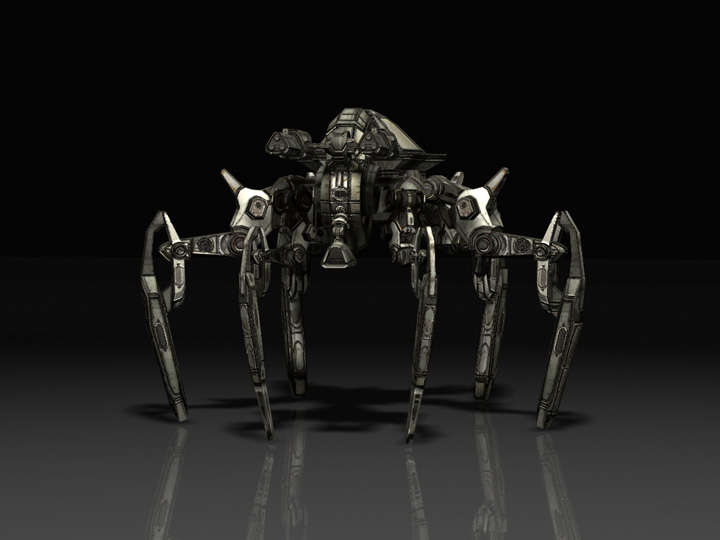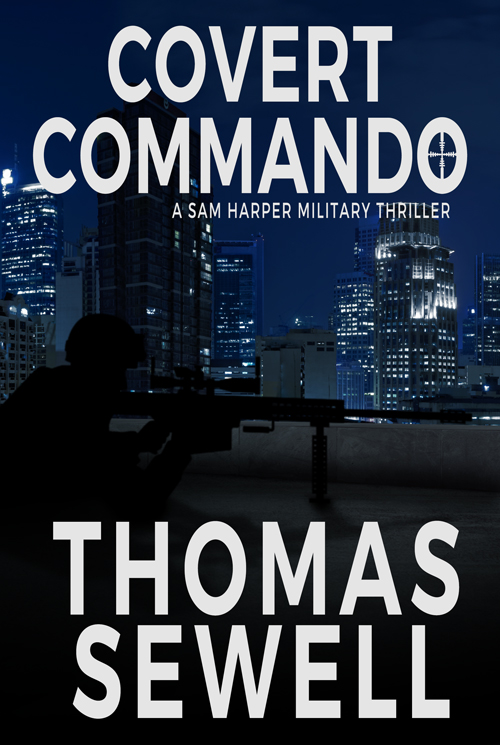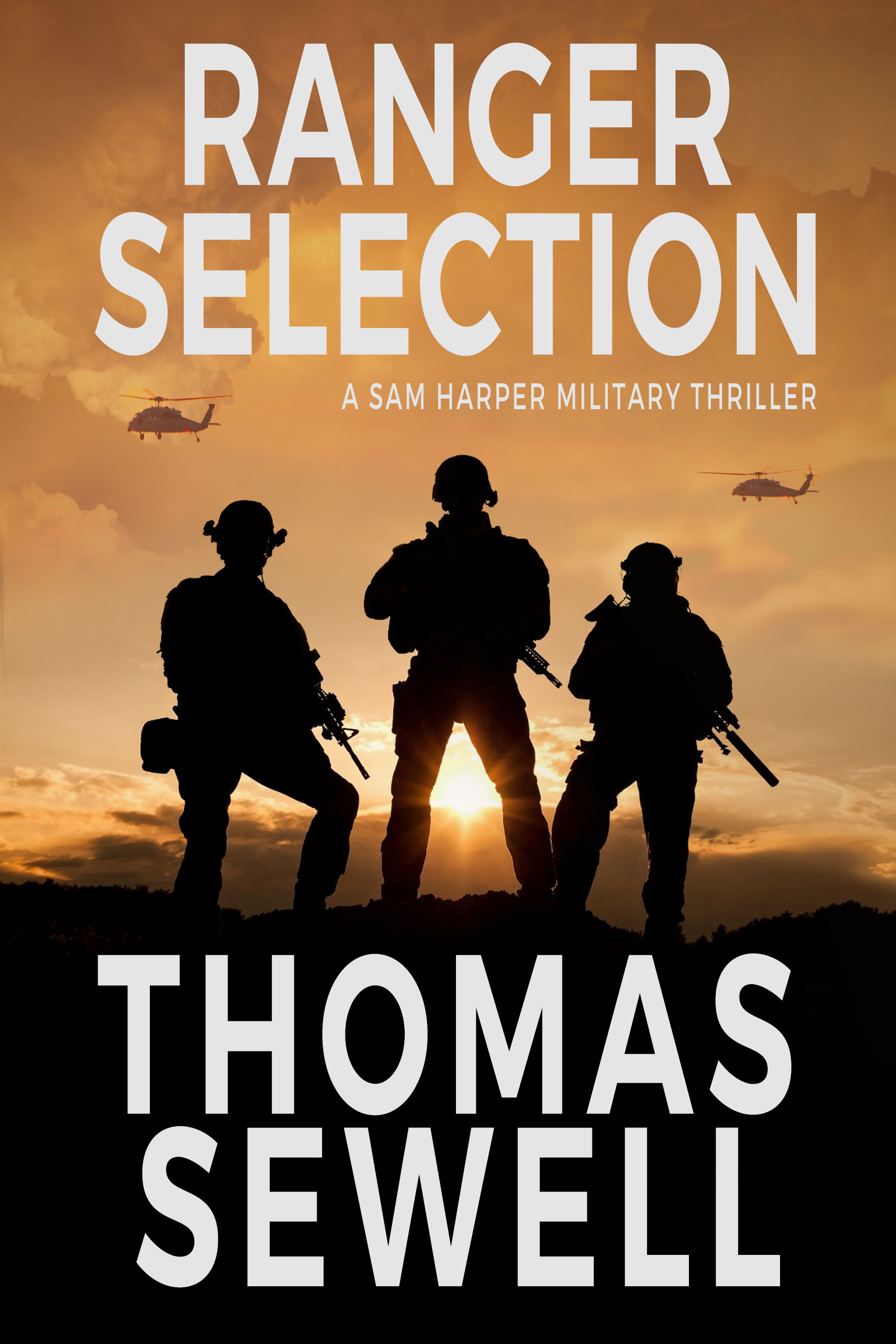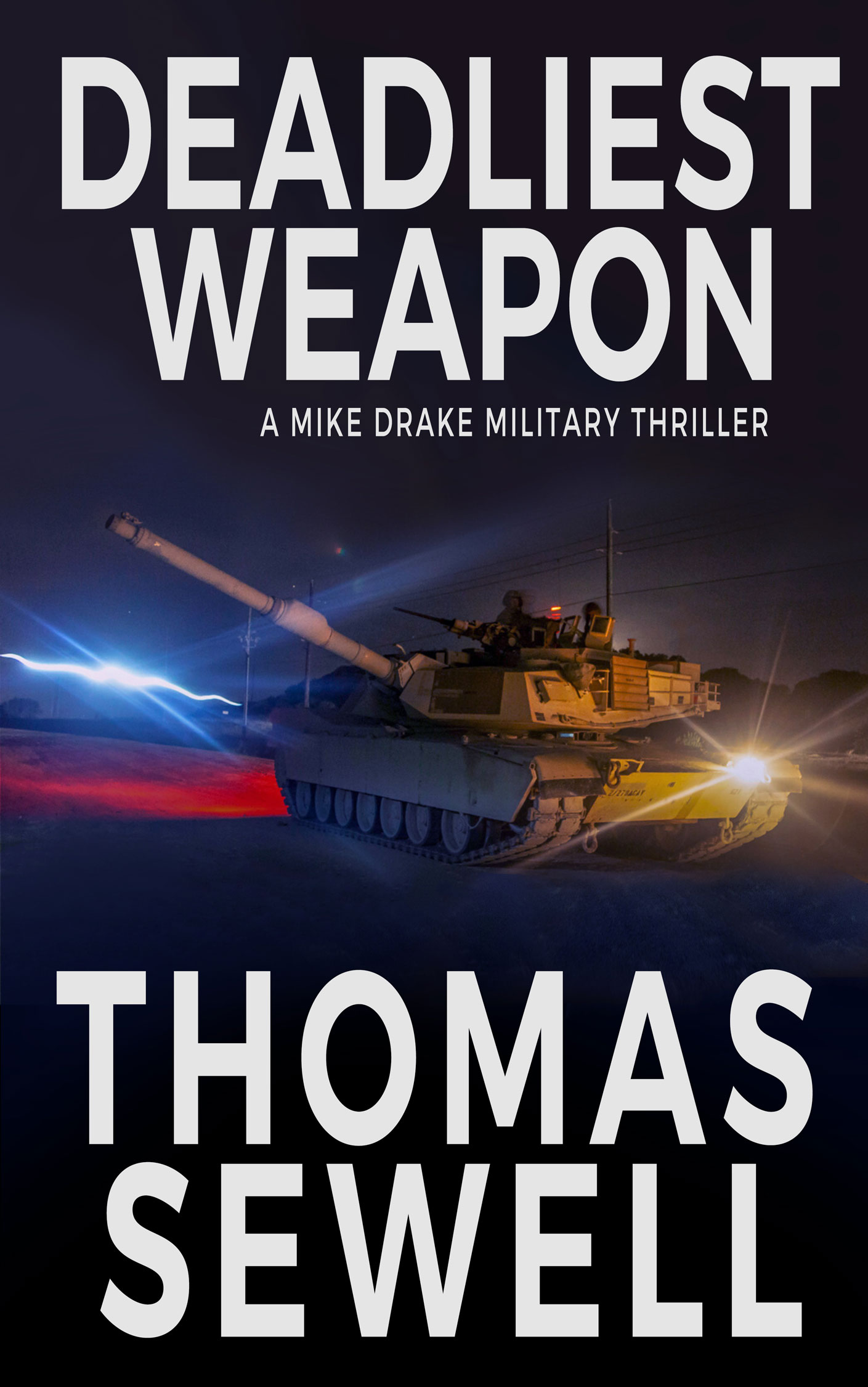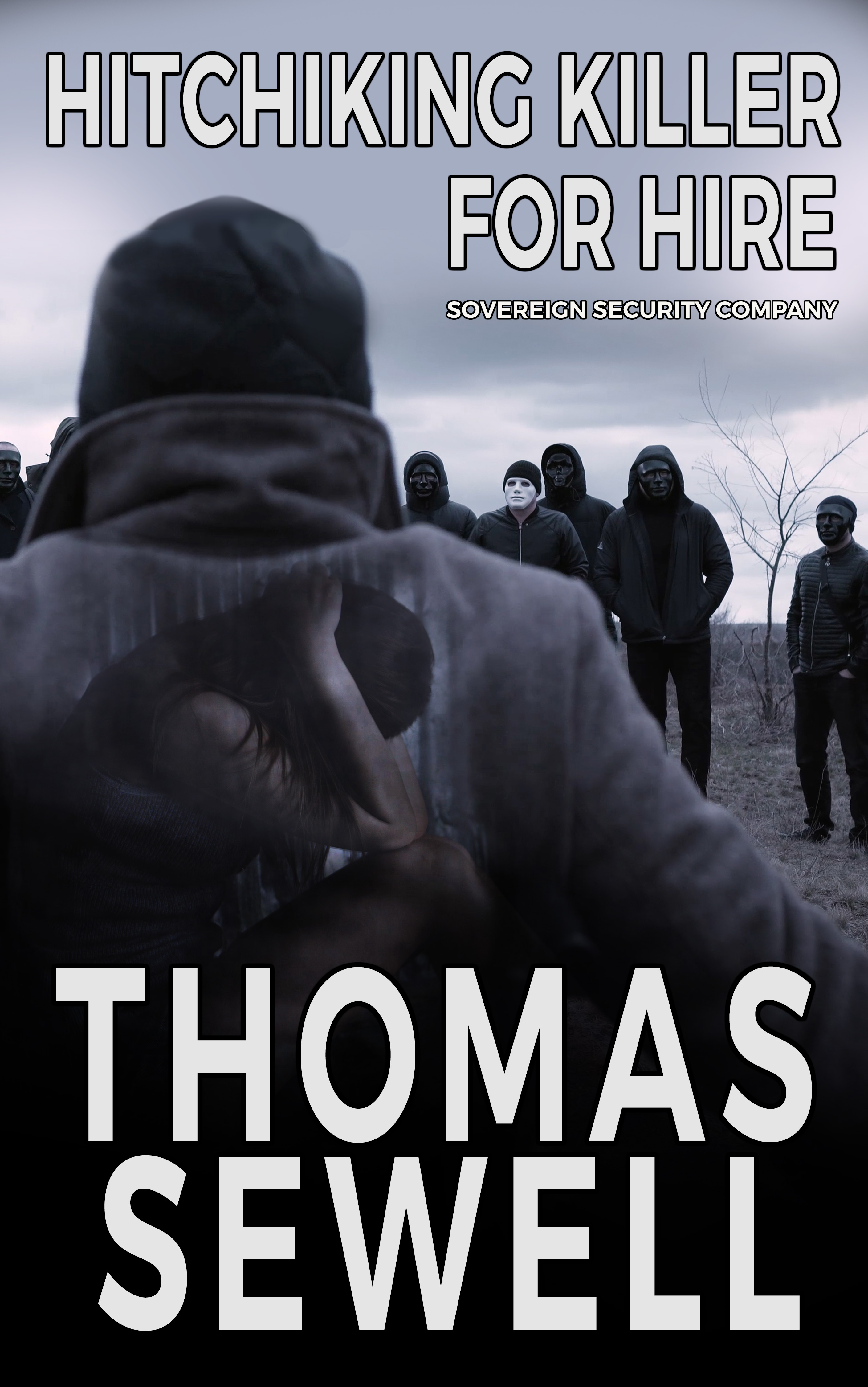Warning: Thar be Spoilers Ahead!
In these notes, I discuss the content of the book and give additional information about it. These are intended to be read after you've read the book, or at least after you've read each Chapter. Otherwise, you're likely to learn information about what happens in the book that may spoil your enjoyment while reading it for the first time.
You have been warned!
Hidden Valley Road
John's Great, Great Uncle Ira is "Chief Falling Cloud" Ira H. Hayes of Iwo Jima fame. The High School in Bapchule's description of his life pretty well sums it up. I drive past the school frequently when on the reservation.
John's battle with PTSD in many ways mirror's Ira's fight with it. Fortunately, well... deliberately, since I wrote it that way, John's battle turns out much better. I'm close to a few PTSD sufferers and wish the fix was actually that easy.
I had an American Indian roommate at Dixie College in St. George that the character John is named after. He wasn't a Pima and the resemblance pretty much stops at the name.
My teenage daughter insists that the phrase "damned himself" in this scene makes her reluctant to recommend the book to her friends because it has swearing in it. When she was reading a pre-publication copy, she thought I should take it out. I'm just glad she's still a wonderful and innocent girl.
29 stumps is a reference to Twenty-Nine Palms in the Mohave Desert. The Marine Corps Air Ground Combat Center is located there. I once spent a teenage summer there working remodeling. Hauling broken concrete in a wheelbarrow to the dumpster in 110 degree weather was almost as much fun as being indoors with the concrete cutter and the stream of cooling water that turned into steam as soon as it hit the blade. I hear the pools and golf courses are nice, but never got to see that side of the city. By comparison, the water cannon that hits John was probably pleasant.
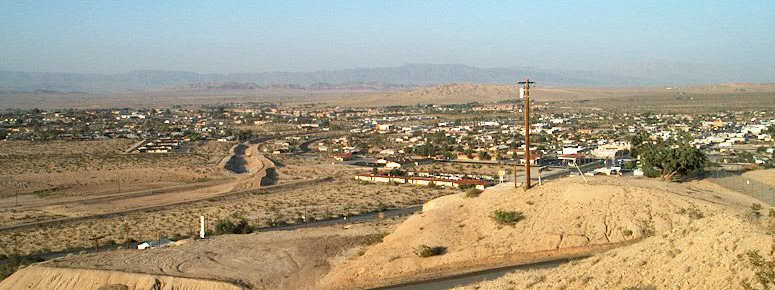
29 Palms, CA. Note the lack of very much that is tall.
Frank Sinatra recorded a song called "The Lady from Twentynine Palms" and also liked to hang out at the Francisco Grande along with the rest of the Rat Pack. Small world, eh?
Cartegna Lane
I stole the question "why are they all painted in dirt colors?" from my wife's comment "Everything is the color of dirt", describing the neighborhood Evie moves into.
Shipping containers are already an inexpensive way to move household goods, but if anyone wants to start the service described in this scene where you just mark your boxes and the rooms you want them in with numbers and then watch robots move it all around for you, I'm happy to help by purchasing your service the next time we move. Human labor may currently still be more cost-effective than robots when unpacking, but as wealth and wages grow and robots get less expensive and more efficient, that dynamic may shift.
Instead of viewing that shift as capital and technological investment in robots putting laboring workers out of work, try viewing it as workers having better things to work on that produce enough wealth that they can afford to use capital in the form of robots to perform tasks they used to have to spend time on.
The "classic tune" hummed at the end of the scene.
My wife and daughter like to refer to this as "The Stalker Song". I try to explain to them that they just don't know how teenage boys think, but to no avail...
Hidden Valley Road
David D. Friedman has suggested to me that independent judges are more likely to develop as specialists than the system I describe here where each sovereign security company incorporates it's own judges, based on it's own system. I can see merit in his view. Specialization may be rewarded and customers may feel better if their contract indicates a specific trusted arbitration service instead of just relying on the contractual relationships between security companies.
The flaw I see in that is it could lead to agency problems where arbitrators will tend to favor the security companies that make them a default in their contract, much like real estate appraisers tend to favor the real estate agents and clients they work with. On the other hand, if the judge is part of the security company, in the case where there is a long established "government" like the Reservation, the judge will likely have at least some independent credibility, but in a company with a single owner, that owner pretty much either has to be the judge. If they pick someone else within the company, that person is likely to defer to their judgement anyway.
The advantage of the security-company-as-trial-judge-as-well concept is that they're able to enforce their own judgements. Don't underestimate that competitive advantage. Think of it as vertical supply chain integration.
Either way, in a free market economy, it's likely both types of systems, as well as some we haven't considered, would develop. Customers would get a choice of legal systems that compete for their business. The essential part is that a catallaxy of competing systems will be most effective when individuals develop methods for resolving conflicts among them. The system of contracted appeals with a "2/3 judges decision is final" rule seems like it would be simple and fair, and so might plausibly develop. With underwriters around similar to current insurance/reinsurance models, I can see such a system working well with less actual bloodshed than our current legal system, despite all the competing sovereign actors.
Cowtown Road
While staying at the Francisco Grande, I must admit I was tempted to try and knock some golf balls off the balcony into the pool. It just seems to fit the sports vibe of the place and I wonder if anyone has actually tried it. Maybe I'll ask the someone on the staff the next time we stay there if anyone has every tried it. Even using the balcony as a driving range out onto the grass would be fun. You could probably hit a fairway from one of the penthouse suites.
Hidden Valley Road
John isn't exactly cooperating in Sam's review of his case, is he?
This guy seems a little scarier than most correctional officers, doesn't he? Can still be annoying, though.
Hidden Valley Road
The relevance of the Q-ship concept, corvette, etc... is more familiar if you read Hitchhiking Killer For Hire about Sam's early days.
There's a little more introduction of the private road system concept. Using a transponder and sensors, it's easy to find vehicles that haven't paid to alert security, while at the same time allow vehicles with an agreement with the road owners to use the road without any inconvenience.
Remembering that Sam's car is a little older (going forward in the future, than backward again to make it a "classic"), but has been retrofitted to be a police pursuit vehicle, cruising at 113 mph is reasonable. With vehicle radar, automated collision avoidance and autopilot, much higher speeds and even inter-vehicle distances should become common. Road companies could subscribe to standards and certification bodies in order to ensure the vehicles they allowed on their roads were "safe".
As a teenager, I worked for a while as an assistant manager and pizza delivery driver (you made more with the delivery tips) out on dirt roads in the High Desert. As I could make it however I liked it, I grew to really like the Chicago style of pizza and subs we made. Currently, Barro's is just an Arizona chain pizza place in Maricopa, but they serve the closest thing to the pizza and subs I grew up on, so I'm sure in the future they'll expand into a major entertainment metroplex.... I may have taken a few liberties with my projections.
In this scene you can see the importance of cooperation between "friendly" security companies. That cooperation makes their operations more efficient and thus allows them to serve their customers more efficiently.
An actual Land Rocket.... fast forward a few decades and the Barrio Punks are playing with them on I-11 ...
Cartegna Lane
I was a little worried about the style of this scene being too abrupt of a change from the rest of the book, but in the end I decided it worked that way I had it. Really quite stressful.
Rita Road
El Jefe ("The Chief") is a bit of a cliche character in this book. You're supposed to see him as a bit of a cliche character in this book. He has a little more background to his ongoing feud with Sam Harper in Hitchhiking Killer For Hire, but he's still a cliche. He's there for contrast. I gave you an obvious cliche villain who might as well be twirling a black mustache as a character to compare the others against. You may find another character in the book is also in some ways a bit cliche, but at the opposite extreme of the spectrum. The other primary characters in the book tend to be different shades of sympathetic. Hopefully the contrast brings those differences out more and make you think a bit more about who these characters really are.
I will say that in the prequel story, Hitchhiking Killer For Hire, you get to see a lot more about Sam's internal workings. You'll have to wait for the second book in the series before El Jefe turns from a cliche into a real person for you. In this book, he's just too much in the background and I didn't want to give him a larger part, which would divert the story, just introduce him so he's familiar in the following book. Really, all of the characters have some cliche elements, but the ones that aren't the focus of the story will tend to be the ones that you won't see fleshed out as much until they spend more time in the spotlight of future stories and books. When they get to be a viewpoint character, then you'll be able to see more of what actually motivates them.
In a future trilogy, I'll tackle the story of the Underwriter companies. Suffice it to say for now that after the Big Split, some groups were left with some pretty heavy hardware laying around and they've parlayed that into a pretty cushy life where the threat of force typically overwhelms the need to actually use it.
I-11 Toll Toad
Poor Raoul. Sometimes I just feel sorry for him. You know his wife will probably understand once she hears the whole story, but he's still going to be in trouble, even if it's not actually his fault.
In terms of science fiction vs science fact, Boeing already has an EMP missile for non-lethal use. GIve it a few decades and I'm sure they'll have some useful miniaturization completed.
For the physics of the land rocket flip, and important part to understand is that once the nose gets up in the air at all, the rocket itself is pointed at the ground, pushing the rocket up in the air. Do that with only one side and it's going to go over. Anyone messing with racing one of those would have to either be suicidal or have a really good roll-cage. I chose the latter option for this particular model.
Porter Road
A common complaint about "hacking" as portrayed in books, TV and movies by those familiar with actual network and computer security is how unrealistic it all is. Basically, someone spouts some techno-babble they expect the audience to not understand, they get what they want to happen and then move on with the plot. Very, very few actually get it right enough to be plausible. That's fine, unless you actually understand what they're saying and how ridiculous it sounds, then it's just annoying and suspension-of-disbelief-killing.
Think of a character whose car overheats saying something like, "We'll just take the FM radio antennae, jam it into the radiator to draw off the heat into the air and then we can drive without any coolant!" It can kind-of-sort-of make sense without being remotely plausible in relation to how things actually work.
Well, the hospital network takeover scenes, of which this one is the beginning, don't suffer from that disease. I tried to remove as much technical jargon as possible and just describe what things actually do in layman's terms, which is the opposite of the intentional confusion using technical terms of most portrayals. Instead, the scene describes an easy, plausible way to take over a real life network maintained to typical non-financial corporate standards.
